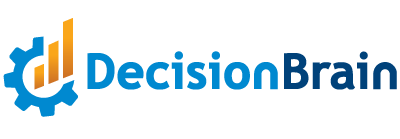How healthcare and life sciences companies can use optimization-powered decision support software to improve patient outcomes, reduce operating expenses and increase ROI.
Healthcare & Life Sciences
The Importance of Planning, Scheduling and Logistics Optimization for Healthcare and Life Sciences
The last few years have pushed the healthcare and life sciences industries in entirely new ways. Providers and manufacturers alike must make difficult planning, scheduling, logistics, and workforce utilization decisions every day. These decisions must comply with various rules and regulations while also trying to make the best use of limited materials, equipment and human resources such as manufacturing equipment, hospital beds, medical equipment, facilities, and operating rooms.
To achieve the best possible outcomes for patients and the business, healthcare and life sciences organizations need to make the best planning, scheduling and logistics optimization decisions.
Optimization-powered Decision Support Software Systems can Help
Although purpose-built software solutions exist that embed optimization technology, they rarely meet organizations’ specific requirements out-of-the-box. This is especially common in healthcare. As a result, they can become very expensive to maintain or enhance and can lead to rigidity and other challenges down the road.

Modular, Semi-Custom Planning, Scheduling and Logistics Optimization-Based Systems Deliver Maximum Value for Minimal Cost
DecisionBrain offers modular and highly configurable planning, scheduling, workforce and logistics optimization systems. By leveraging DB Gene, DecisionBrain’s low-code development platform, fully custom solutions can usually be delivered in 2 to 7 months with a return on investment in under a year.
Customer Case Study: Large Multinational Pharmaceutical Company
A multinational pharmaceutical company was struggling with a time-consuming workforce scheduling process that was negatively impacting the productivity of their field pharmaceutical sales representatives (PSRs) and leading them to miss certain key sales activity targets.
Learn how DecisionBrain’s modular mathematical optimization platform helped this company maximize productivity, meet visit frequency requirements and reduce the time PSRs spend scheduling appointments.



